

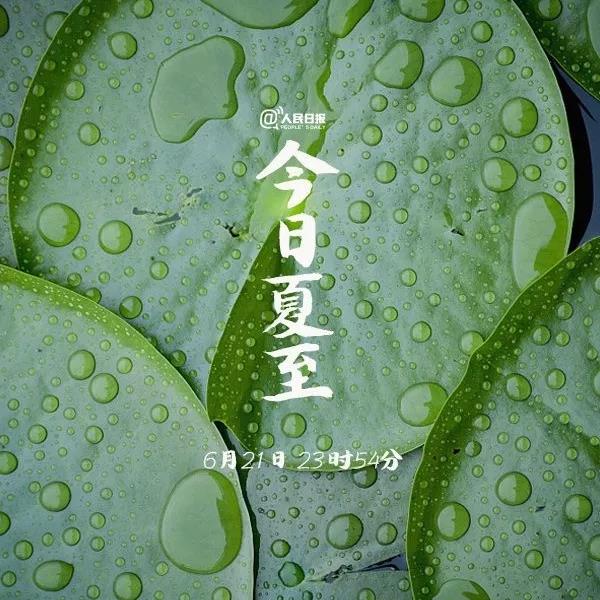
(Photo/Weibo account @人民日报)
The Summer Solstice is the tenth of the twenty-four solar terms and the fourth solar term of summer. The Summer Solstice is the longest day of the year when the sun is at its northernmost point.
The Summer Solstice is one of the solar terms reflecting the alternation of the four seasons. Although it is the longest day of the year, it's not yet the hottest day because the sun still sends more heat to the ground than the ground does to the air. During the Summer Solstice, the Jianghuai region ushers in the plum rain season, when the air is very humid, and the sky is always grey and rainy. At the same time, rainstorms are prone to occur in the middle and lower reaches of the Yangtze River.
Customs
1. Worship gods and ancestors
Since the Summer Solstice is when farmers harvest wheat, there has been a custom since ancient times of celebrating the harvest and making sacrifices to pray for a plentiful yield. Therefore, the Summer Solstice was listed as a festival of ancient worship. Today, some places will also hold a grand "Summer Wheat" event, a remnant of the ancient "Summer Festival".
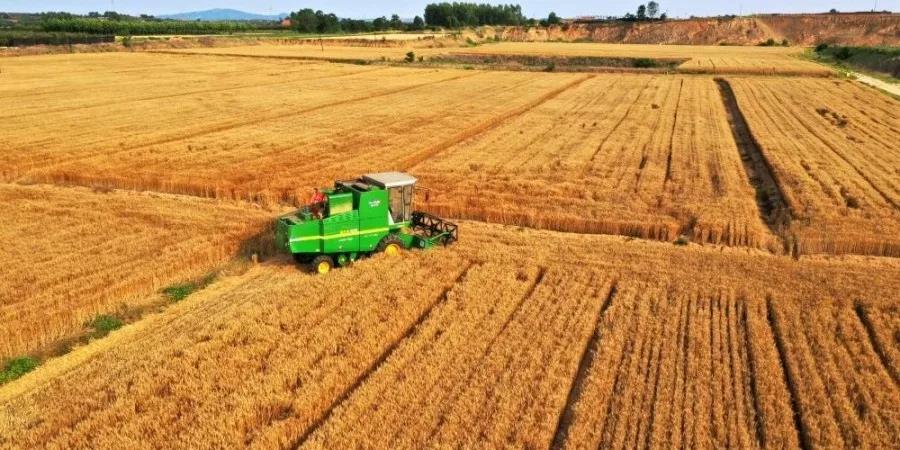
(Photo/People.com.cn)
2. Thinning and replenishing seedlings
When summer crops are sown, the amount of seedings will always exceed the number of seedlings needed, resulting in seedling crowding. To ensure sufficient growth space and nutrient area for seedlings, unnecessary crop seedlings should be removed, a process known as seedling thinning or seedling selection. In addition, if there is a shortage of seedlings, people replenish them at this time.
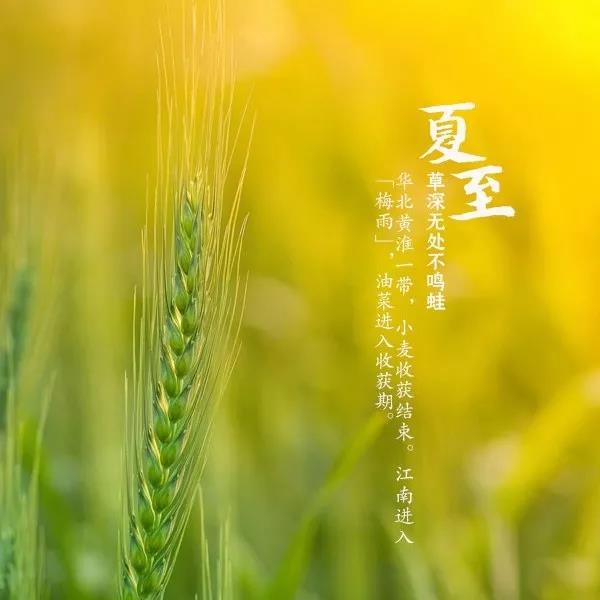
(Photo/Weibo account @人民日报)
Diet
1. Eating noodles
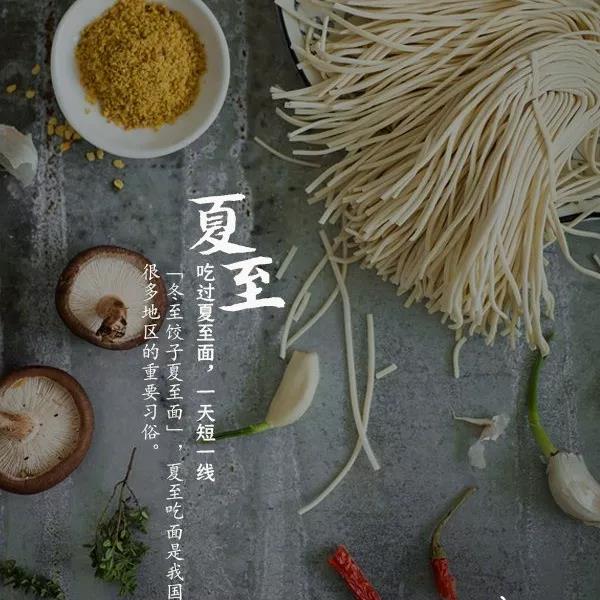
(Photo/Weibo account @人民日报)
As the Chinese saying goes, "dumplings on the Winter Solstice and noodles on the Summer Solstice." Eating noodles on the Summer Solstice is an important custom in many parts of China. Wheat is in season, so eating noodles on this day has the meaning of tasting new. For example, every Summer Solstice, Beijingers eat lettuce and cold noodles. People in Shandong eat cold noodles too, which is meant to remind everyone to be wary of getting heatstroke.
2. "Wheat zongzi" and "Summer Solstice cake"
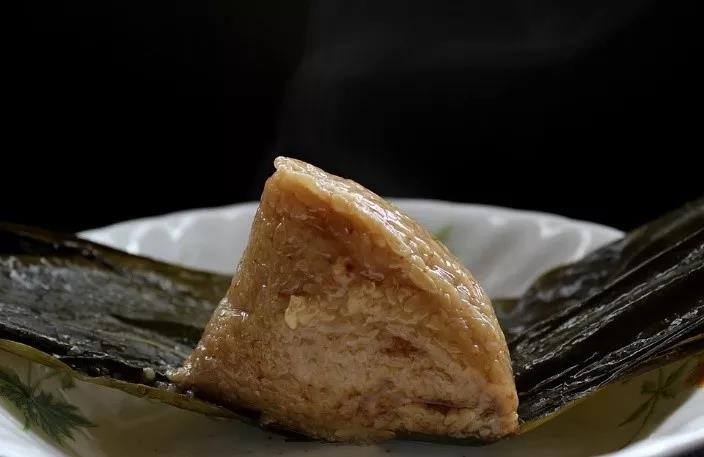
(Photo/Pixabay)
In Jiangnan, people eat wheat dumplings, wontons and soup noodles. Some ancient books recorded: "Make wheat zongzi on the day of Summer Solstice, eat it together after the sacrifice." Zongzi are often also given as gifts. On the Summer Solstice, farmers will make pancakes, bake them, and then add green vegetables, tofu, bacon and other ingredients, which is known as a "Summer Solstice cake". People usually enjoy this dish or give it to others as a gift.
3. Ginger
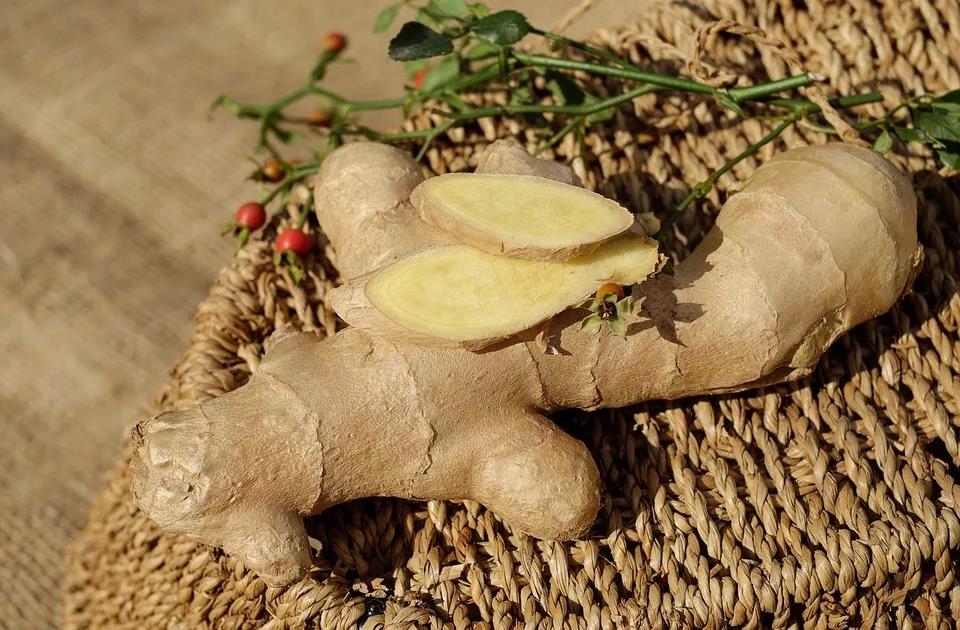
(Photo/Pixabay)
Summer is dry and hot, so after Summer Solstice, people should eat certain foods to help clear heat and increase their appetite, as many people lose their appetite in the summer heat. There are traditional sayings such as, "eat ginger if you have a bad appetite", "turnip in winter and ginger in summer" and so on. All these sayings include the nutritional and medical benefits of ginger. Ginger is good for digestion and absorption of food, and can help keep you cool in the summer months.

 Award-winning photos show poverty reduction achievements in NE China's Jilin province
Award-winning photos show poverty reduction achievements in NE China's Jilin province People dance to greet advent of New Year in Ameiqituo Town, Guizhou
People dance to greet advent of New Year in Ameiqituo Town, Guizhou Fire brigade in Shanghai holds group wedding
Fire brigade in Shanghai holds group wedding Tourists enjoy ice sculptures in Datan Town, north China
Tourists enjoy ice sculptures in Datan Town, north China Sunset scenery of Dayan Pagoda in Xi'an
Sunset scenery of Dayan Pagoda in Xi'an Tourists have fun at scenic spot in Nanlong Town, NW China
Tourists have fun at scenic spot in Nanlong Town, NW China Harbin attracts tourists by making best use of ice in winter
Harbin attracts tourists by making best use of ice in winter In pics: FIS Alpine Ski Women's World Cup Slalom
In pics: FIS Alpine Ski Women's World Cup Slalom Black-necked cranes rest at reservoir in Lhunzhub County, Lhasa
Black-necked cranes rest at reservoir in Lhunzhub County, Lhasa China's FAST telescope will be available to foreign scientists in April
China's FAST telescope will be available to foreign scientists in April